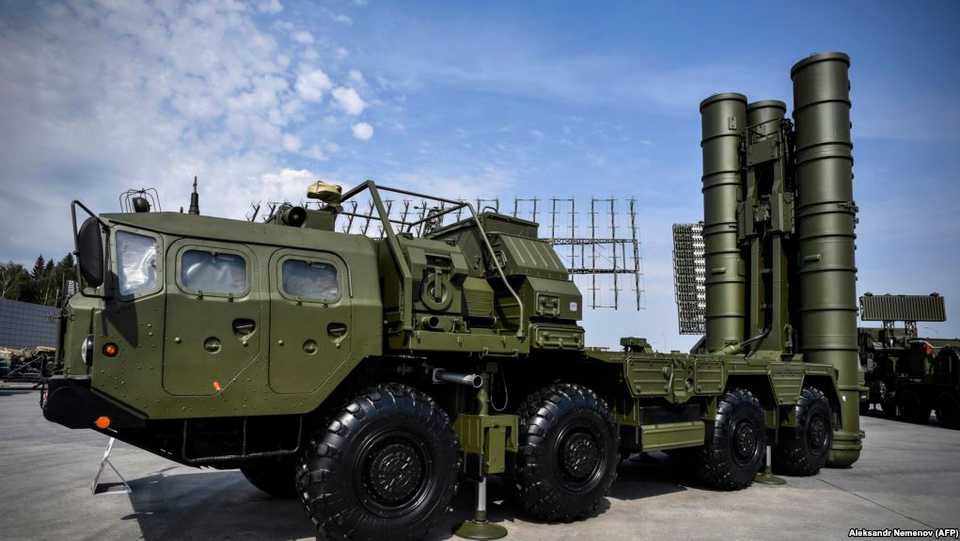
Turkey signed a letter of intent with Italy and France to develop a new missile defence system at the meeting of NATO defence ministers last week in Brussels, in a bid to develop its defence development and production capabilities.
“Aside from the S-400, Turkey has made preliminary agreements with countries from the Eurosam Consortium to develop, produce and use air defence systems with the long-term goal of improving its domestic defence capacities,” Turkey’s Defence Minister Nurettin Canikli said.
Addressing a meeting of NATO defence ministers, Canikli said projects covered under the letter could help cooperating countries develop “top” systems for defence against lone missiles, such as a SAMP-T-based system. He also addressed Turkey’s current gaps in missile defense.
Turkey had recently completed its purchase of the S-400 missile defense system, Russia’s most advanced long-range anti-aircraft missile apparatus. It was a purchase that raised questions with Turkey’s NATO allies about compatibility with allied defence structures when it was first announced in August.
So why is Turkey signing a deal for defence cooperation with Eurosam when it already has a deal with Russia?
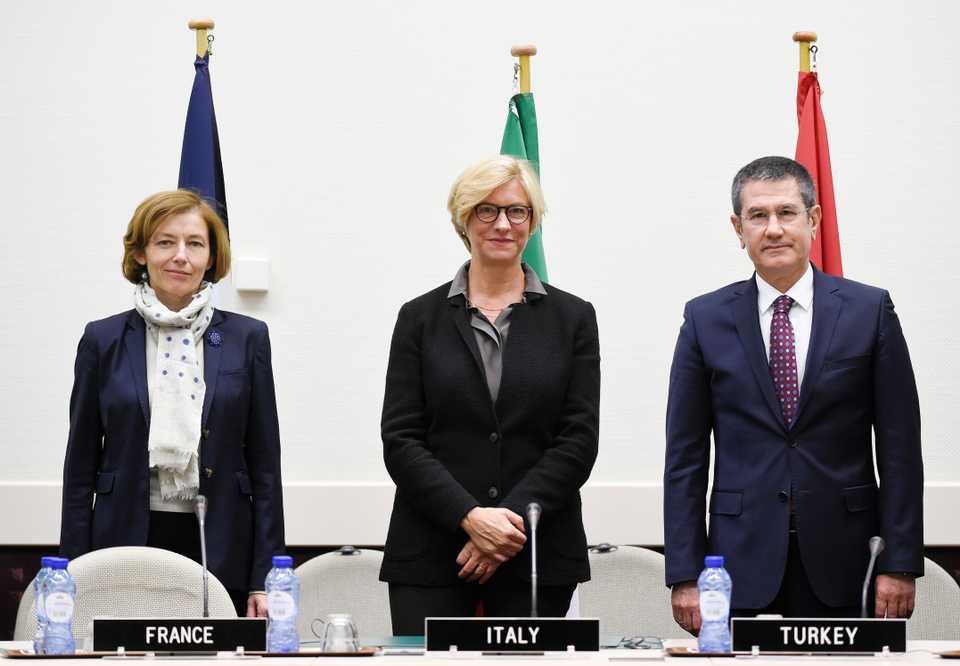
1. Turkey wants to diversify its defence capabilities
With violent conflicts unfolding along its borders with Syria and Iraq, and perhaps more importantly, tensions with its ally the US over its support for the YPG in northern Syria, which Turkey views as an existential threat, Ankara has sought to diversify its defence capabilities.
Turkey considers the YPG to be the Syrian branch of the PKK, which has waged an armed campaign against the Turkish state for several decades. The PKK is considered to be a terrorist organisation by Turkey, the US and the EU.
“We have a 1,400 km border with Syria and Iraq,” Canikli said.
“Terrorists can come from anywhere. You must follow them, and observe them, and you must also destroy them when you find them, and this is not an easy task. Thankfully, Turkey is a country that can…manage all of these in the best way.”
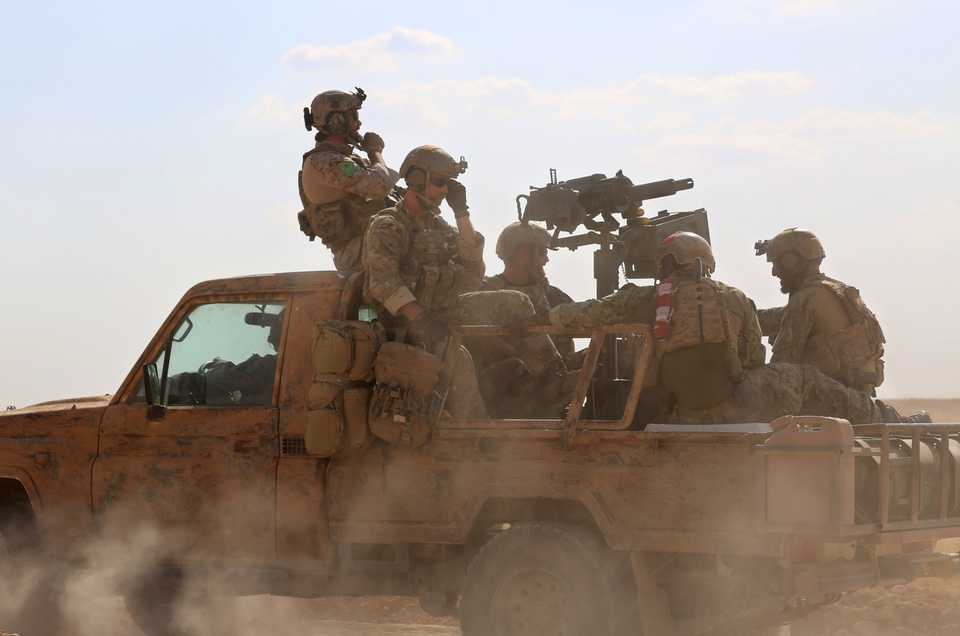
Turkey’s defence capabilities have been primarily western-sourced. However, its reliance on these systems has proven problematic for Turkey as it seeks more independence as a regional player. In 2006, Turkey failed to make a deal with American companies to produce joint attack helicopters when the US refused to give Turkey access to software codes.
In 2013, Turkey had awarded a $3.4 billion missile defence contract to China, but later cancelled. Turkey said it would focus on developing local systems instead. At the time, Eurosam, which had come second in the bidding, had not agreed on co-production, which was a decisive factor for Turkey.
That same year, German and Dutch Patriots (US-made missiles) were deployed to Turkey’s Syrian border cities. The systems were removed in 2015 due to the assessment that the threat from Syria was over. Spanish Patriots took their place, though their range does not cover all of the regions that Turkey views as under threat.
However, with the Syrian war at its border, both the German and Dutch Patriot systems, and later the Spanish Patriots, were insufficient for Turkey’s security concerns. This later pushed Turkey to purchase Russian S-400 missiles, a move criticised by Turkey’s NATO allies.
“They went crazy because we made the S-400 agreement. What were we supposed to do, wait for you? We are taking and will take all our measures on the security front,” Turkish President Recep Tayyip Erdogan said in a speech in September.
Ankara insisted it was a technical and financial decision on Turkey’s part not meant to snub its allies in the military alliance.
The letter of intent signed between Eurosam and Turkey is one step along Turkey’s long-term plans to diversify and develop its indigenous defense capabilities.
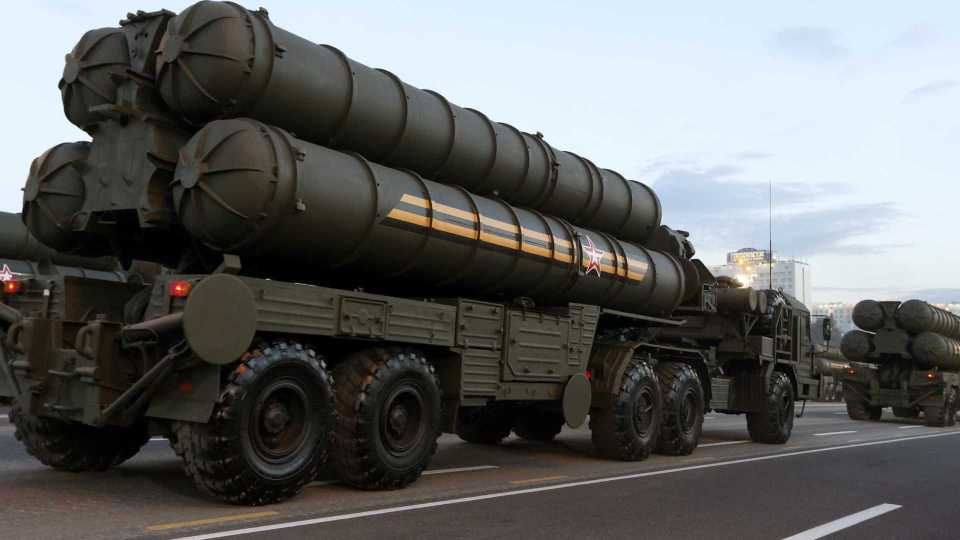
2. Eurosam cooperation paves the way for technology transfer
The path for co-operation between Eurosam and Turkey include steps for understanding system procedures and technology transfer.
Turkey, France and Italy will strengthen their joint co-operation of military electronic systems, software, simulations systems, warfare equipments, and air and missile defense systems, Turkey’s defense ministry sources said when the letter was signed.
In fact, one of the key reasons behind China’s successful bid in 2013 was the promise of technology transfer not offered by Western bidders.
Turkey’s S-400 deal with Russia does not include a deal for technology transfer or development which is part of Turkey’s overarching defence strategy, something that could potentially be covered by the preliminary deal with Eurosam.
However, Turkey still went ahead with its deal with Russia since it would be several years before the Eurosam system could be implemented, even if it were to come through.
“In addition to the S-400, Turkey also made preliminary agreements with the Eurosam countries to develop, produce and use the air defence system in order to improve its long-term domestic national capacity,” Canikli told reporters in the Black Sea province of Giresun.
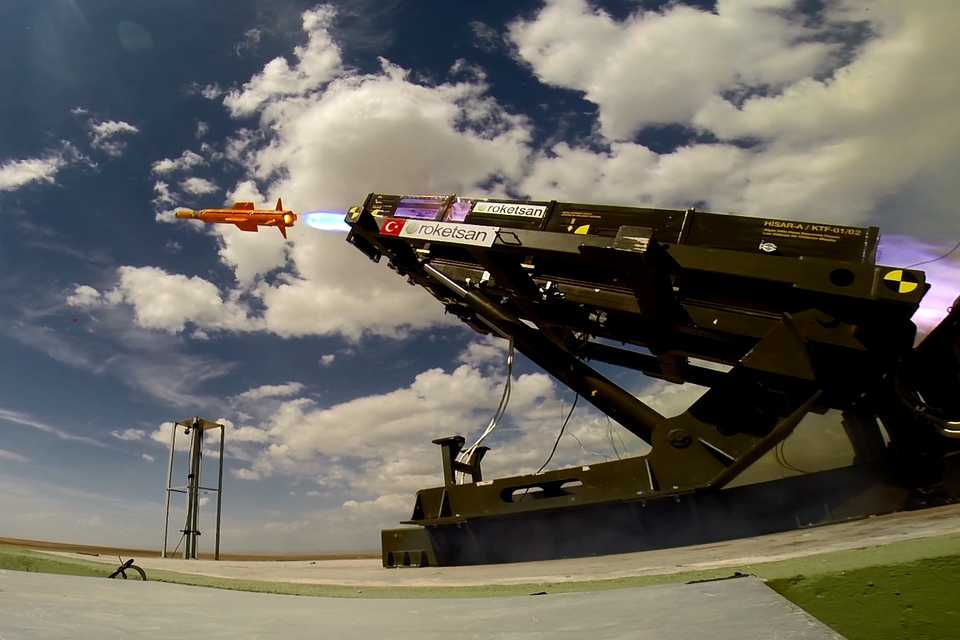
“We especially aim to have our own technology,” the minister added.
Turkey has been expressing a desire to develop its indigenous capabilities in this regard since 1991, but was unable to start such projects due to internal turmoil and economic issues. However, with increasing political stability starting in the 2000s, Turkey was able to take steps in developing its defence capabilities.
As the security situation in Turkey’s neighbourhood becomes more volatile, Ankara has taken steps to become more self-sufficient, including the development of indigenous systems. Turkey tested its first medium-altitude air defence missile system HISAR in 2016. It also tested its first ballistic missile BORA in 2017.
Turkey’s defence budget was increased by 50 percent this year, as it continues military exercises and reconnaisance activities along its borders. The increase is also in line with Turkey’s aims to develop its indigenous defence industry.
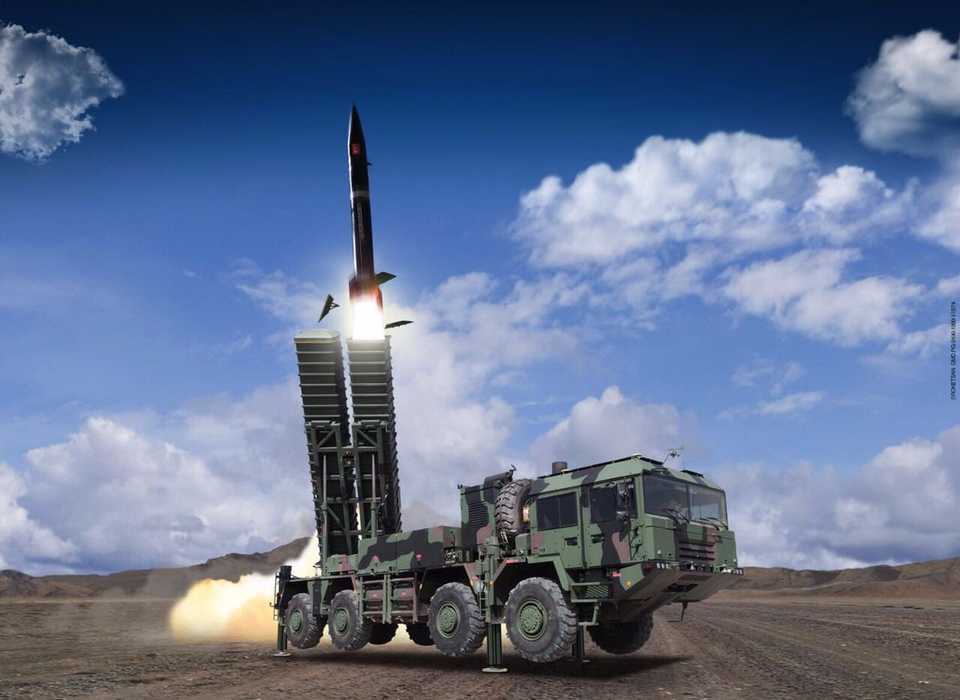
3. The Eurosam deal could assuage NATO’s concerns about Turkey
Turkey was accused of an “axis shift” in 2013 when China came first in the bid for its defence contract, an accusation that intensified with Turkish-Russian co-operation in Syria.
However, Turkey continued its talks with Eurosam, even as a deal was being signed with China.
In July 2017, Turkey signed a “co-operation agreement” with Eurosam, in a deal that encompassed the development and joint production of the SAMP-T Aster 30 missile defence systems.
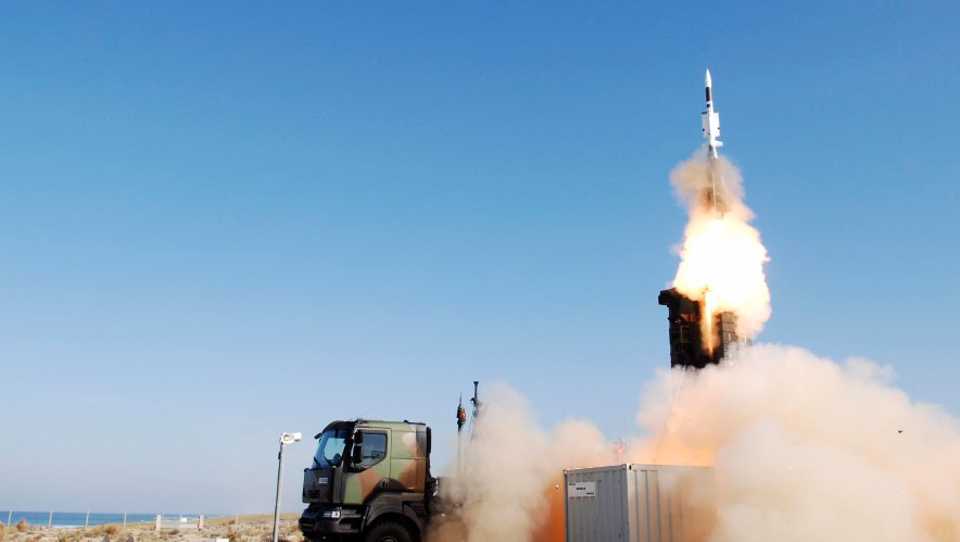
“The Italian Army has deployed two Eurosam-built SAMP-T firing units since June 2016 as part of NATO’s contribution to the defence of Turkey and its people against potential missile threats from beyond NATO’s southeastern flank,” Eurosam CEO Michel Vigneras said at the signing of the deal.
“Today’s agreement is a clear demonstration of the willingness and readiness of our three companies to build further on the strong defence co-operation commitments already in place, and to work together as equal partners towards a common goal, and sharing full and entire responsibility vis-a-vis the Turkish authorities.”
The letter of intention, which encompasses a much wider range of co-operation activities, allows Turkey to further demonstrate its continuing commitment to its NATO allies.










Discussion about this post